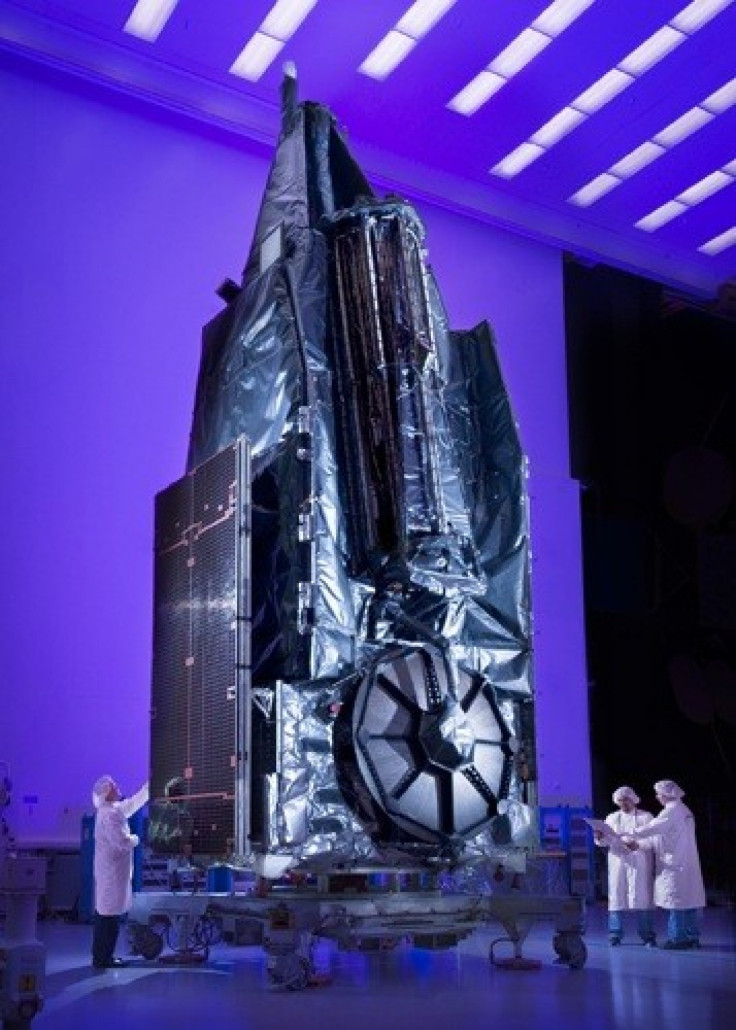LightSquared Satellite Repaired

LightSquared, the combined satellite and terrestrial mobile broadband service provider, avoided an embarrassing -- and potentially disastrous -- mishap yesterday as its satellite deployed its antenna.
The SkyTerra 1 satellite, launched on Nov. 14, initially ran into problems deploying its antenna. The antenna, which is designed to unfold to a full 22 meters across, was not deploying properly. A failure would have meant launching a spare satellite, at a cost of millions.
But on Dec. 14 Boeing and LightSquared said the antenna problem was solved, and that the satellite will be tested in orbit as planned before going into service next year.
Although the occasional delay in a full deployment sometimes occurs on a satellite, it is not a situation we face very often. Today's success is due to the talented men and women at Boeing and their unparalleled expertise in operating satellites and in creatively and successfully resolving the issue, said Craig Cooning, vice president and general manager of Boeing Space and Intelligence Systems, in a statement.
LightSquared, formerly SkyTerra, is backed by Harbinger Capital Partners, the hedge fund run by Philip Falcone, who is known as a savvy distressed debt investor. Harbinger has contributed $2.9 billion to the company, which also has $1.75 billion in debt and equity financing from other investors.
A failure of this launch could have had big consequences for both LightSquared and Harbinger, as a launch can cost $100 million and Harbinger is already heavily invested in another satellite communications company, Terrestar, which is in chapter 11.
© Copyright IBTimes 2024. All rights reserved.











